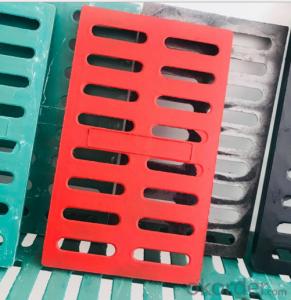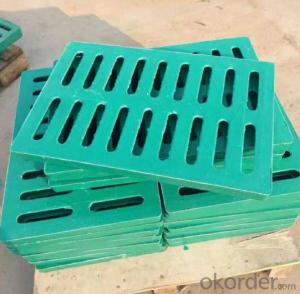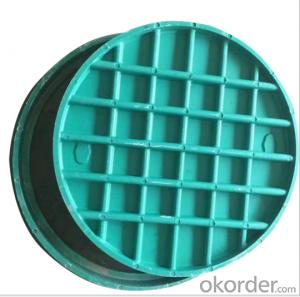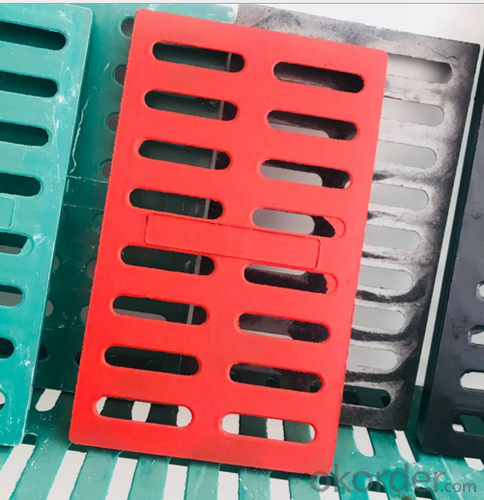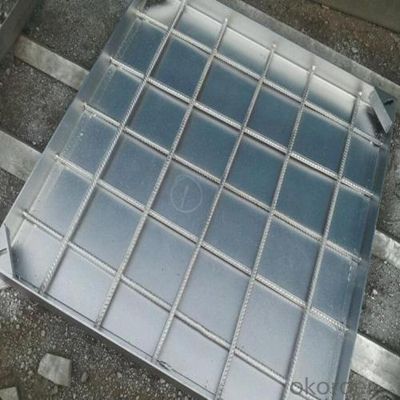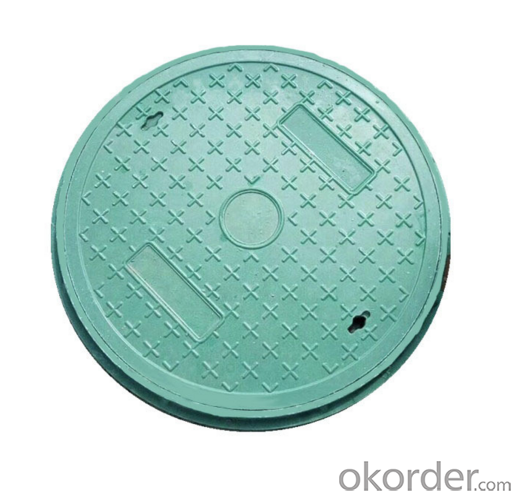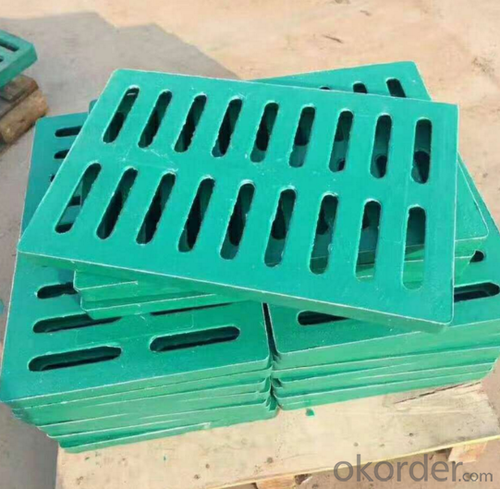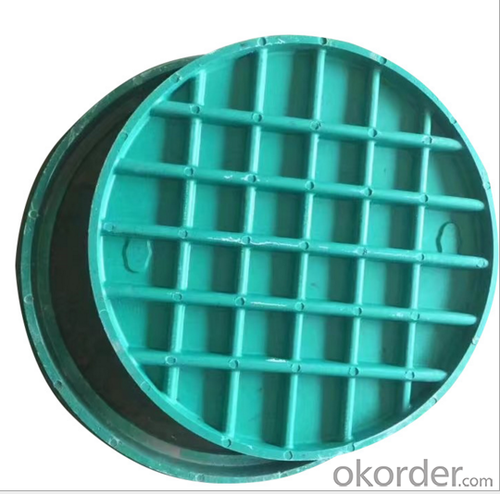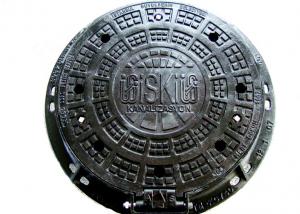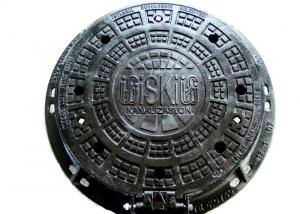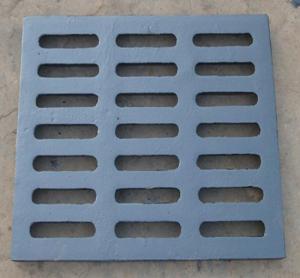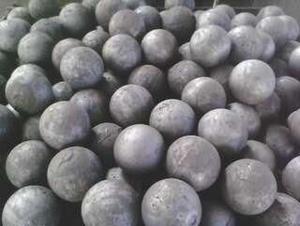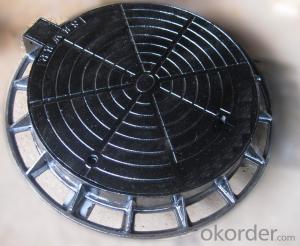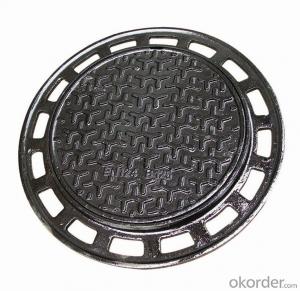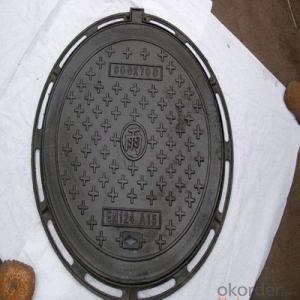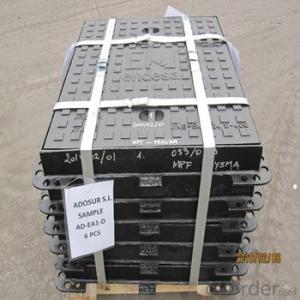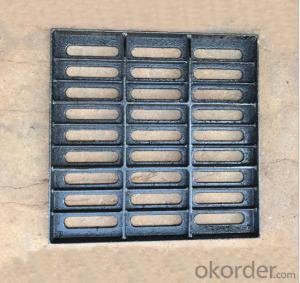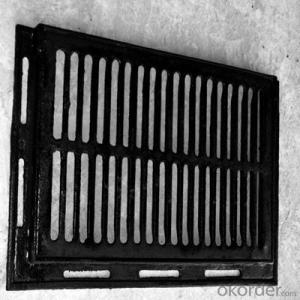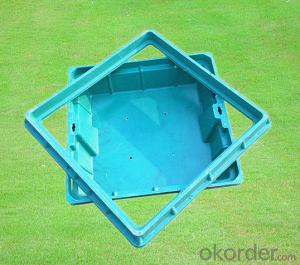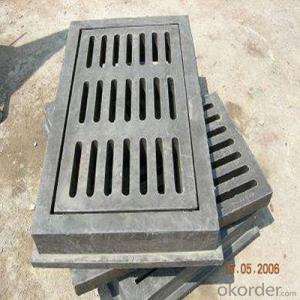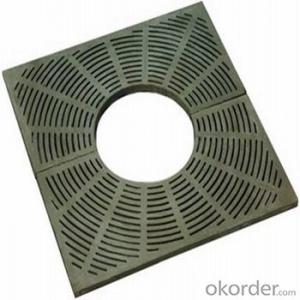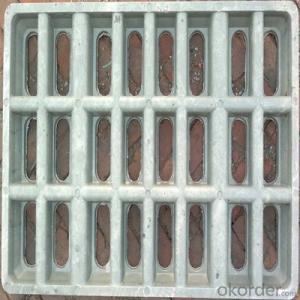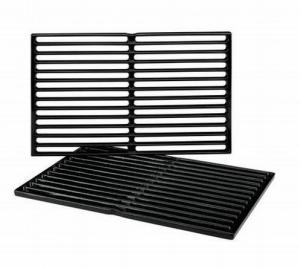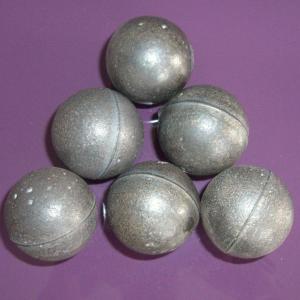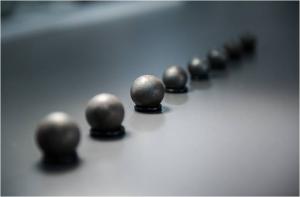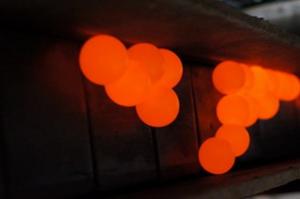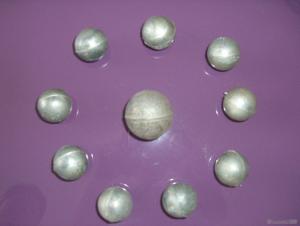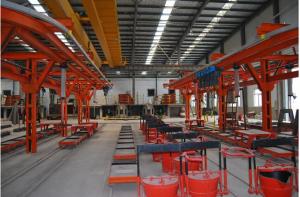Ductile Casting Iron Manhole Cover for Industry's Systerm OEM Service
- Loading Port:
- Tianjin
- Payment Terms:
- TT OR LC
- Min Order Qty:
- 110 set
- Supply Capability:
- 4000 set/month
OKorder Service Pledge
OKorder Financial Service
You Might Also Like
Specification
Specifications

Features
1.High Intensity
It adopts macromolecule complex material and reinforcing steel bar moulded by high temperature and press at one time.
2.Durable
Acid-alkali and corrosion resistance; anti-rust; insulation; weatherability; excellent anti-pressure capability.
3.Unique appearance
Rich colors;the cover is not sprayed in surface but painted in whole material so that the color can keep lasted.
4.Competitive price
The price of compound manhole cover is lower than stipulated standard cast iron ones.
5.Save mine resource
It is made by regenerated resin or regenerated plastic raw material, which save application of cast iron.
Our Company
We take pride to introduce ourselves as the leading manufacturer and professional supplier of various Ductile Iron Manhole covers in China with total annual capacity 50,000 MT.
CNBM manhole cover regard quality as the essential factor leading to successful business. After years of efforts, CNBM manhole cover have built up great reputation in terms of quality and service among domestic and overseas customers.
FAQ
About Sample
Q : Can I get free samples?
A: Yes, we can provide you the free sample, but you have to bear the delivery costs.
About Customer Logo
Q: Can I have my own logo on the product?
A: Yes, you can send your logo design to us and send us the authority letter. Then we can cast the logo on body.
- Q: Why does the precision casting factory not usually make iron castings?
- Because it is too cheap, the design of materials is cast iron, generally do not have very high requirements.
- Q: Casting parts need to be subjected to the kind of heat treatment after the weldment is finished
- This is difficult to say, the key is to see the specific parts and components, the final mechanical performance requirements.For example, gray cast iron, usually graphite annealing, to heat treatment annealing, surface quenching and so on, ductile iron can be a variety of annealing, normalizing, quenching and isothermal quenching, surface treatment, chemical treatment and so on, in a word, heat treatment of steel can usually, nodular cast iron can do. Malleable cast iron and vermicular cast iron are often subjected to graphitization annealing and stress relieving annealing, while wear-resistant cast irons often undergo quenching + low temperature tempering, and so on.Welding is the case, such as bearing steel welding must be quenched + low temperature tempering, machine spindle welding (repair welding) must be quenched and tempered treatment, and so on. Of course, if it is a general weld, there is no need for heat treatment or, at most, stress relieving annealing.
- Q: Casting parts by shot blasting, spray painting, baking after the formation of very small rust spots, how to solve ah?
- The first process is very important. Shot blasting must be thorough. The solution is to wipe the surface of the paint with a release. Re shot
- Q: What's the density of the cast iron? The density is thin and the density is thin
- Uneven casting density is caused by uneven shrinkage of the casting during solidification.
- Q: Question, such as title, I hope I don't copy the definition of rolling and casting in Baidu encyclopedia, thank you
- Service performance: heat conductivity, friction reduction, shock absorption, heat resistance and corrosion resistanceTo compare these properties, it depends on the specific material, structure, and use of the parts. Otherwise, there is no comparisonS
- Q: For example, casting parts contain many holes, inclusions and other defects, the size and the number of holes exceed which limit is not qualified
- For example, the castings shall be in accordance with the requirements of the second types of castings in the technical requirements for aluminum alloy castings of GB/T9438-1999;
- Q: How can the casting be plated with ordinary zinc plating? The coating is too thin and requires 0.08 thickness
- Hot galvanizing doesn't seem to workThe zinc layer is 275g/ square meters of material coating is 0.019mm (mm), up to 0.08 thick.
- Q: When there is no flaw detection for large casting parts, is there any crack inside?
- Cracks are considered serious levels of defects and should be repaired
- Q: Why should pig iron be used in casting?
- 1, in the absence of special requirements, the most important thing is that the price is cheap.2, pig iron castings quenching process requirements are not high. You can do it by hand.3, pig iron casting hardness is very large, can meet many requirements.4, pig iron castings, high temperature resistance is relatively strong. Like stoves are pig iron castings.5, pig iron casting plasticity is very bad, but in some experiments, but use this weakness to improve the sensitivity of the experiment.Wait
- Q: How can the casting be free of trachoma?
- 3, the gate is not facing sand core, flush sand core, will cause trachoma.
Send your message to us
Ductile Casting Iron Manhole Cover for Industry's Systerm OEM Service
- Loading Port:
- Tianjin
- Payment Terms:
- TT OR LC
- Min Order Qty:
- 110 set
- Supply Capability:
- 4000 set/month
OKorder Service Pledge
OKorder Financial Service
Similar products
Hot products
Hot Searches
